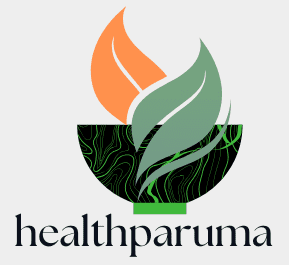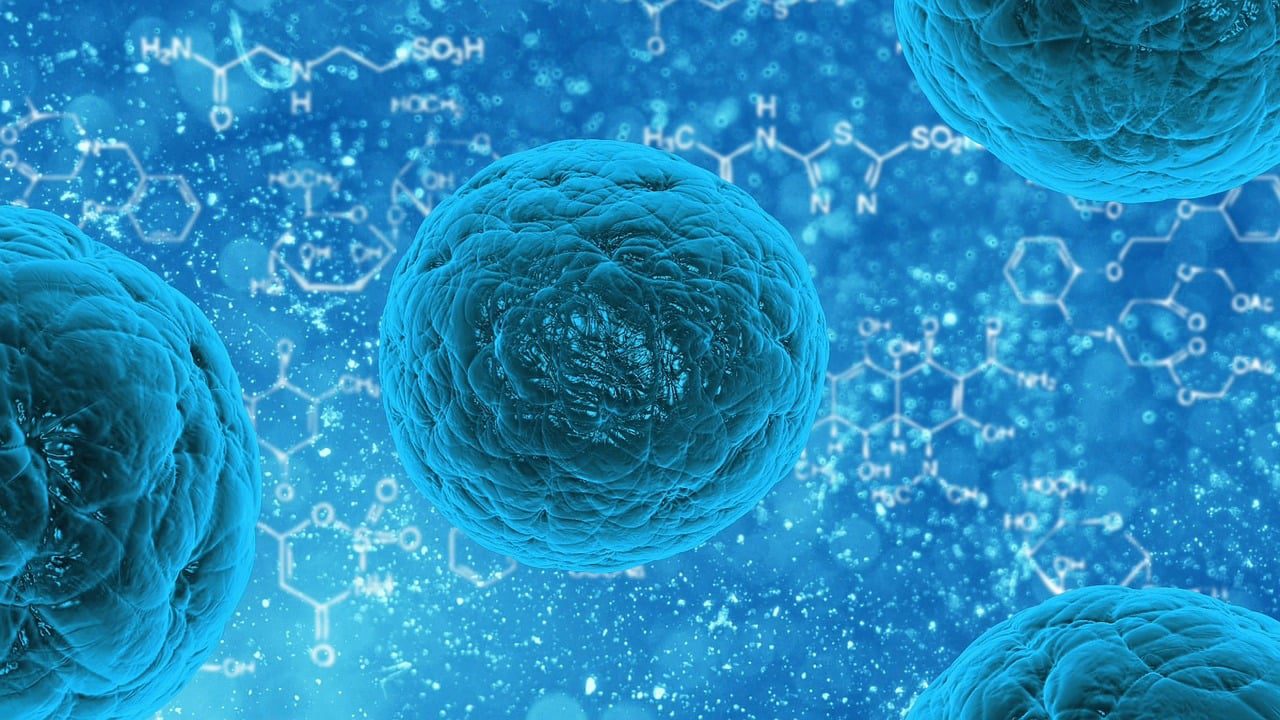What is nutrition science, how it affects your health, and why it’s key to longevity.
Why Nutrition Science Matters More Than Ever
From weight loss trends to superfoods, nutrition seems to be everywhere. But behind the headlines lies a deep, evidence-based field known as nutrition science. So, what is nutrition science really about?
Nutrition science is the study of how food and nutrients affect the human body’s health, development, and disease prevention. It’s not just about dieting or counting calories—it’s about understanding how different foods work within the body, from your cells to your immune system.
With obesity, diabetes, and heart disease on the rise in the U.S., understanding nutrition science has never been more critical. Let’s explore the core of this life-changing science.
🥗 What is Nutrition Science?
Nutrition science (also called nutritional science) is a branch of biology and health science that studies:
-
Nutrients in food
-
How the body uses nutrients
-
The relationship between diet, health, and disease
It blends knowledge from biochemistry, physiology, food science, medicine, and public health. It’s an interdisciplinary field that offers insight into how to optimize diet for well-being and longevity.
Key Areas of Study in Nutrition Science:
-
Macronutrients – Carbohydrates, fats, and proteins
-
Micronutrients – Vitamins and minerals
-
Metabolism – How the body converts food into energy
-
Nutritional deficiencies and disorders
-
Nutrigenomics – How genes interact with nutrients
-
Public health nutrition – Nutritional guidelines for populations
🧬 The Science Behind Every Bite
Let’s break it down: when you eat a salad or burger, your body doesn’t just “digest” the food. It goes through a series of intricate biological processes that affect:
-
Cell repair
-
Hormonal balance
-
Brain function
-
Gut health
-
Immune response
According to a 2021 study in Nature Reviews Endocrinology, poor nutrition is linked to 11 million preventable deaths globally each year. This makes nutrition science a public health priority.
🏥 Clinical Applications of Nutrition Science
Nutrition science is not just theoretical—it’s highly practical. Professionals in this field use it to treat and prevent various conditions:
| Condition | Nutritional Approach |
|---|---|
| Heart Disease | Low-sodium, plant-based diets |
| Diabetes | Low glycemic index foods, portion control |
| Osteoporosis | Calcium and Vitamin D intake |
| Obesity | Caloric deficit with nutrient-dense foods |
| Cancer Prevention | Antioxidant-rich diets, fiber intake |
Expert Insight:
Dr. Walter Willett, professor of epidemiology and nutrition at Harvard T.H. Chan School of Public Health, says:
“The food we eat is the single most powerful tool we have to fight disease and prolong life.”
🧪 Research & Evidence: How We Know What Works
Modern nutrition science relies heavily on peer-reviewed studies, clinical trials, and long-term population-based research.
Notable Studies:
-
The Nurses’ Health Study (Harvard, 1976–present): Links between diet and chronic disease.
-
Framingham Heart Study: Connected dietary fat to cardiovascular risk.
-
The Blue Zones Research: Shows diets in longevity hotspots include whole plant foods, moderate calorie intake, and minimal processed food.
✅ Want to start eating smarter today?
👉 Recommended Science-Based Nutrition Supplements
🧠 Careers in Nutrition Science
Nutrition science opens the door to impactful careers, including:
-
Registered Dietitian Nutritionist (RDN)
-
Clinical Nutritionist
-
Public Health Specialist
-
Food Scientist
-
Health Coach or Wellness Consultant
🌿 Nutrition Science vs. Diet Trends
Fad diets often lack scientific backing and promote short-term, unsustainable results. In contrast, nutrition science promotes long-term, evidence-based dietary habits.
| Trend Diet | Backed by Science? | Long-Term Results |
|---|---|---|
| Keto Diet | Limited evidence | Mixed |
| Mediterranean Diet | ✔ Yes | Excellent |
| Intermittent Fasting | Emerging evidence | Promising |
According to a 2022 review in The Lancet, the Mediterranean diet consistently ranks highest for disease prevention and longevity.
🍎 Nutrition Science in Your Daily Life
You don’t need a PhD to apply nutrition science! Here are science-backed tips you can implement today:
1. Prioritize Whole Foods
Studies show diets rich in whole grains, fruits, and vegetables reduce disease risk.
2. Balance Your Plate
Use the Harvard Healthy Eating Plate model:
-
½ veggies & fruits
-
¼ whole grains
-
¼ lean proteins
3. Don’t Fear Fat—Choose Wisely
Omega-3 fatty acids (found in salmon, flaxseed) support brain and heart health.
4. Watch Your Sugar
Excess added sugar is linked to obesity, diabetes, and fatty liver. The American Heart Association recommends limiting added sugar to:
-
36g/day for men
-
25g/day for women
📚 Nutrition Science: Backed by Experts
-
Harvard T.H. Chan School of Public Health
-
Academy of Nutrition and Dietetics
-
National Institutes of Health (NIH)
-
American Society for Nutrition (ASN)
🎯 Want a daily multivitamin that meets research-backed requirements?
👉 Try Our Expert-Approved Supplement Bundle
💡 FAQs: What is Nutrition Science?
❓ What is the difference between a nutritionist and a dietitian?
A dietitian is a licensed healthcare provider with a degree and credentialing (RDN), while a nutritionist may not be certified depending on your state.
❓ Is nutrition a science or just advice?
It is a biological and medical science, grounded in research, physiology, and biochemistry.
❓ Can nutrition science help me live longer?
Yes. Studies show diets high in plants and low in processed foods can reduce risks of chronic disease and increase lifespan.
❓ How reliable is nutrition science?
Nutrition science is continually evolving, but modern studies follow rigorous scientific methods to ensure reliability and accuracy.
🔍 Final Thoughts: Why Nutrition Science Should Guide Your Diet
Nutrition science gives us the tools to live better, longer, and healthier lives. Whether you’re fighting chronic disease, seeking more energy, or just want to age well, the answer lies in your food—and the science behind it.
So next time you make a grocery list or choose a meal, remember:
“Every bite you take is either fighting disease or feeding it.” — Dr. Mark Hyman, Functional Medicine Specialist
✅ Take the Next Step Toward Better Health
🔎 Looking to boost your health with science-backed nutrition
nutrition essentials today
💬 Backed by science. Approved by experts.


